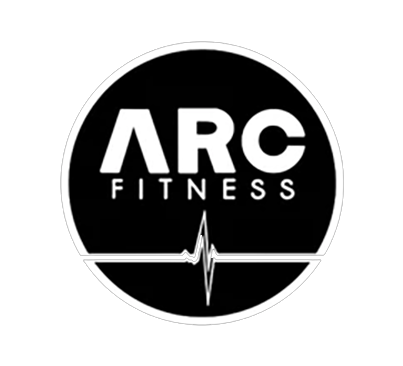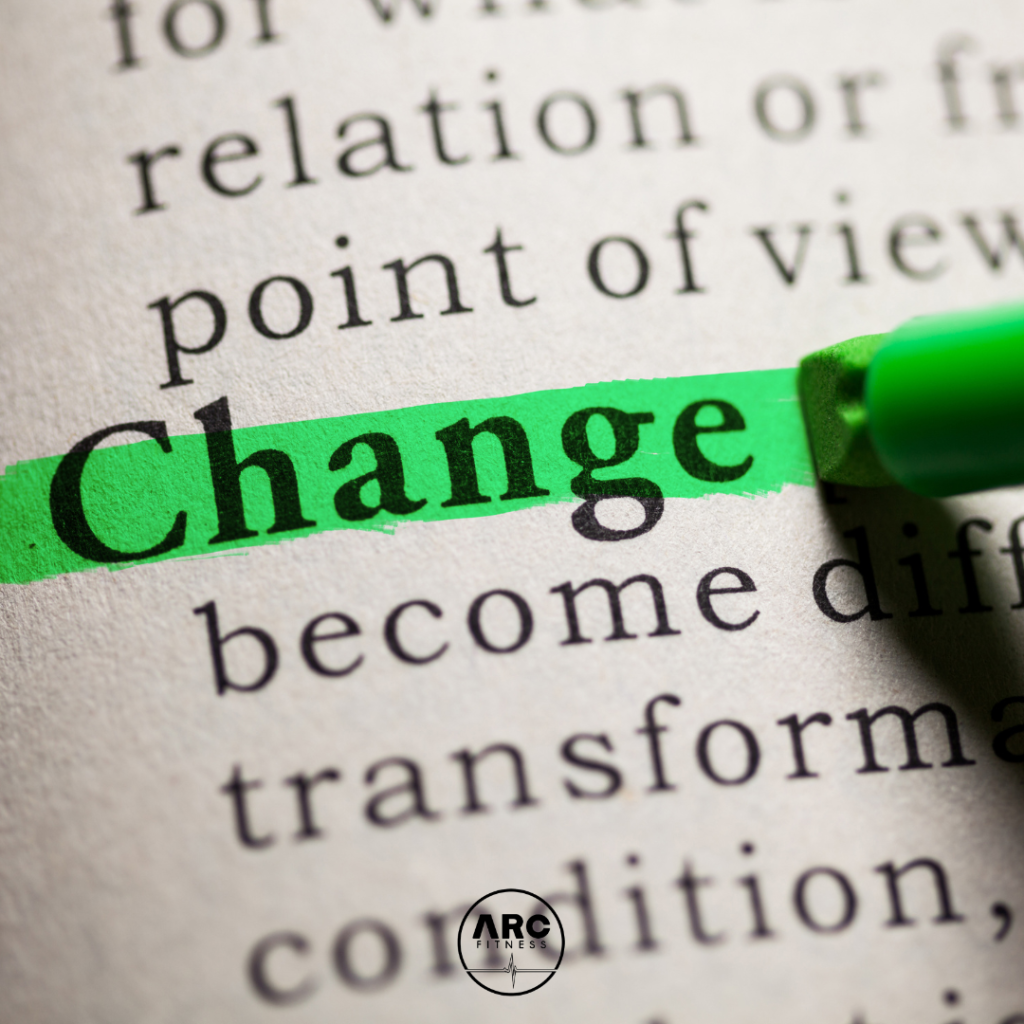No products in the basket.
Uncategorized
The Stages of Change – Introduction to Recovery
Recovery
Recovery is a deeply personal journey with no universal definition. It varies for each individual, but generally, recovery can be described as:
A process of change through which people improve their health and wellness, live self-directed lives, and strive to reach their full potential.”
Today, there are more recovery paths than ever before, driven by traditional methods, scientific research, and individual preferences. We all have unique experiences and perspectives, and historically, we tried to fit everyone into the same mould when it came to recovery. Recovery begins with hope, the belief that a better future is possible despite internal and external challenges. Hope is the catalyst for the recovery journey.
Components of Recovery
Recovery is supported by four main dimensions:
1. Health: Recovery starts with managing or overcoming the disorder and making healthy choices that promote physical and emotional well-being.
2. Home: Stability in housing, whether in a sober living environment or a longer-term residence, is crucial for successful recovery.
3. Purpose: Finding meaning in life, whether through work, education, creative pursuits, or personal independence, contributes to a sense of purpose.
4. Community: Building a supportive network of friends, family, and relationships is essential for ongoing encouragement and assistance throughout the recovery process.
Multiple Pathways of Recovery
1. Twelve-Step Groups:
– Alcoholics Anonymous (AA) began in 1935 and offers a structured program designed to help individuals recover from alcohol addiction.
– It relies on a higher power and the experiences of others who have completed the 12 steps.
The 12 Steps of AA:
1. Admitting powerlessness over alcohol.
2. Believing in a higher power.
3. Turning one’s will and life over to that higher power.
4. Conducting a fearless moral inventory.
5. Admitting wrongs to God and others.
6. Being ready to remove defects of character.
7. Humbly asking for shortcomings to be removed.
8. Making amends.
9. Making direct amends when possible.
10. Continuously taking personal inventory.
11. Seeking spiritual growth through prayer and meditation.
12. Sharing the message and practising these principles.
2. SMART Recovery:
– SMART stands for Self-Management and Recovery Training, offering scientifically based approaches to overcoming addiction.
– It focuses on behaviour changes and empowers individuals to take control of their recovery.
– SMART Recovery welcomes people dealing with various types of addiction.
3. Social, Community & Peer Recovery Services:
– These services, run by recovery coaches and supportive individuals, provide non-clinical assistance and respect each person’s unique journey.
– Building a supportive community is essential, as it combats the isolation often associated with addiction.
– Peer recovery support service providers help individuals make new friends and develop alternative social networks.
In summary, there is no one-size-fits-all definition of recovery or a single path to follow. Each person’s journey is unique, and shaped by individual preferences and experiences. Regardless of the chosen path, honesty, willingness, and commitment are key components that inspire change and lead to an improved life.
At ARC Fitness, we believe our approach can complement all others. Some of our members are active AA & NA participants, while others prefer SMART Recovery. Some do neither. Whatever works for you, keep doing it!

